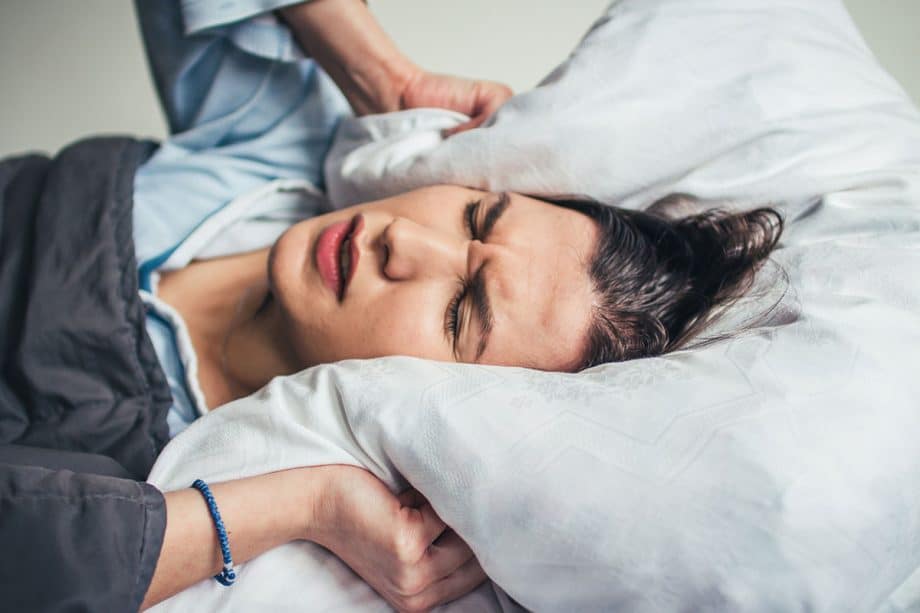When sleep becomes a struggle, and snoring is more than just an annoyance, there might be an underlying issue like sleep apnea disrupting your rest. This condition, characterized by interrupted breathing during sleep, can wreak havoc on your daily life, leaving you feeling constantly fatigued and irritable. Fortunately, there are solutions, and surprisingly, your dentist might hold the key to a peaceful night’s sleep. In this post, we’ll explore how dentists play a vital role in diagnosing and treating sleep apnea, offering a path to better sleep and improved well-being.
Understanding Sleep Apnea
Sleep apnea is a sleep disorder where breathing repeatedly stops and starts during sleep. There are three main types of sleep apnea:
- Obstructive Sleep Apnea (OSA) – The most common form, occurring when throat muscles relax and block the airway.
- Central Sleep Apnea – Occurs when the brain doesn’t send proper signals to the muscles that control breathing.
- Complex Sleep Apnea Syndrome – A combination of both obstructive and central sleep apnea.
Recognizing the symptoms is crucial. Common signs include loud snoring, episodes of breathing cessation, abrupt awakenings accompanied by gasping or choking, morning headaches, and excessive daytime sleepiness. Risk factors like obesity, age, family history, and lifestyle habits can increase the likelihood of developing sleep apnea.
The Dentist’s Role in Treating Sleep Apnea
Dentists play a pivotal role in diagnosing and managing sleep apnea. They are often the first professionals to notice the signs during routine dental exams. By examining the mouth and throat, a dentist can identify potential obstructions that may contribute to sleep apnea.
One of the primary dental treatments for sleep apnea involves the use of oral appliances. These custom-fitted devices are worn during sleep to help keep the airway open. They work by repositioning the jaw and tongue, preventing airway collapse. Dentists trained in sleep medicine can create and fit these appliances, providing an effective alternative to traditional treatments.
Advantages of Dental Treatments
Dental treatments for sleep apnea, especially oral appliances, offer several advantages over the more conventional Continuous Positive Airway Pressure (CPAP) therapy. Firstly, they are less intrusive and more comfortable, which often leads to higher patient compliance. Unlike CPAP machines, which require wearing a mask connected to a machine, oral appliances are compact and easy to travel with.
These dental devices also offer a personalized approach to treatment. Since they are custom-made to fit each patient’s mouth, they provide a tailored solution that addresses specific anatomical issues. Many patients find that oral appliances significantly reduce symptoms like snoring and interrupted sleep, leading to improved overall health and daytime alertness.
The Process of Seeking Help
If you suspect you have sleep apnea, taking action is essential. Start by consulting both a dentist and a sleep specialist. The dentist can evaluate your oral health and discuss the possibility of using an oral appliance, while the sleep specialist can conduct a sleep study to confirm the diagnosis.
This collaborative approach ensures a comprehensive evaluation and treatment plan. Remember, early intervention can prevent complications associated with untreated sleep apnea, such as heart disease and high blood pressure.
Frequently Asked Questions About Sleep Apnea
What are the side effects of oral appliances for sleep apnea?
Oral appliances are generally well-tolerated, but some patients may experience side effects like dry mouth, jaw discomfort, or slight tooth movement. These issues are typically minor and resolve as the patient adjusts to the device.
How long does it take for dental treatments to show improvement in sleep apnea symptoms?
Patients often notice improvements in sleep quality and a reduction in symptoms within a few weeks of starting treatment with an oral appliance. Regular follow-up with the dentist can ensure optimal results and adjustments if needed.
Conclusion
Dental treatments present a promising avenue for managing sleep apnea, offering a comfortable and effective solution for many patients. If you’re experiencing symptoms like chronic snoring or daytime fatigue, reach out to Stuart Prosthetic Dentistry for an evaluation. Don’t delay in seeking the help you need—restful nights and revitalized days could be just a dental visit away.
Call 772.286.1606 or contact us today to learn more and schedule an appointment.

